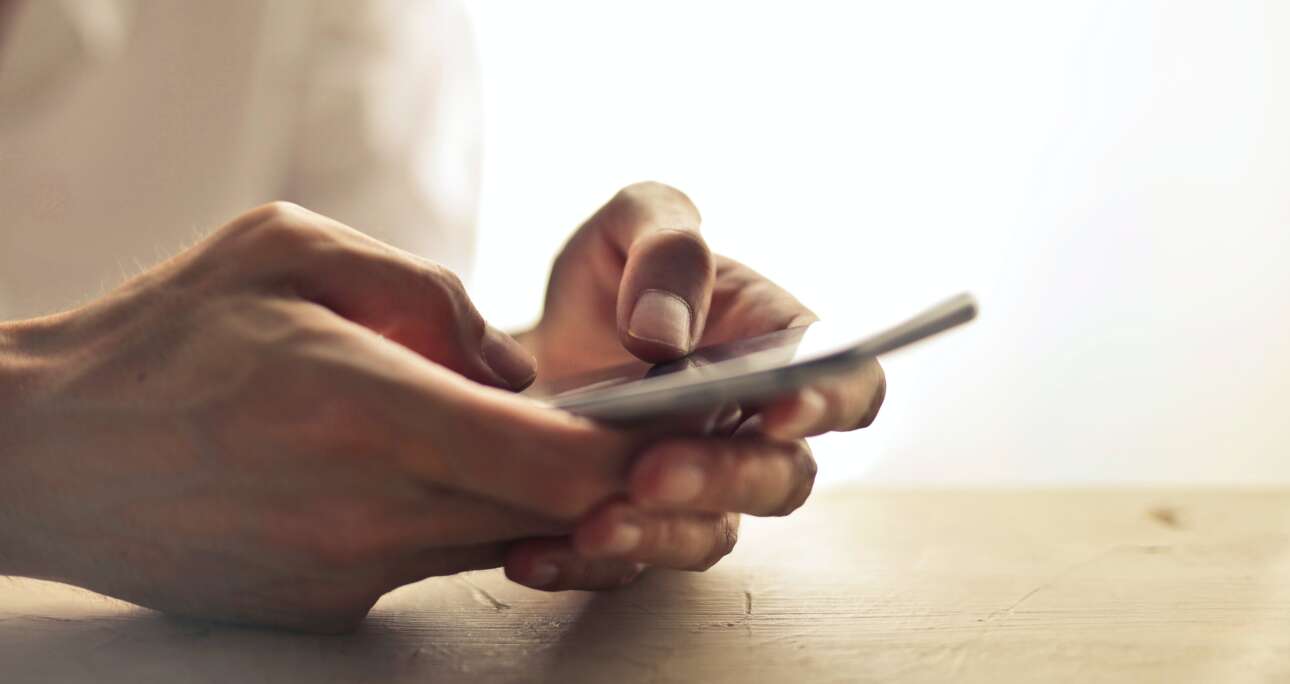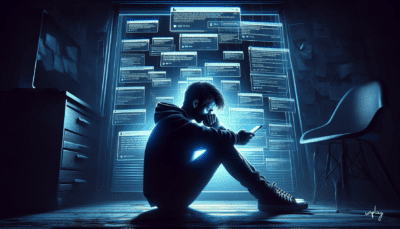I’m part of a generation that grew up listening to the annoying sound of a modem as foreplay before getting online to access the wonders that existed in cyberspace. It was difficult, slow, and the gratification wasn’t nearly what we have today. Now, we have 24/7/365 lightening-speed access to just about every piece of information we could ever want, and an unlimited pool of stuff we never knew existed, and even more stuff we can’t un-see.
Look around and you’ll see an entire population of people stumbling around in a vacant-zombie-drone-undead-like state on their phones, staring at a screen, or otherwise hunched a digital device traversing the depths of the net. It’s hard to believe that only a couple of years ago, people would at least try to disguise their covert surfing activities by hiding their phone under the table, using the “BlackBerry Prayer” maneuver to avoid the social repercussions that accompany such clearly anti-social behavior.
The Unplugged Manifesto
How many times have you seen some jerk browsing their phone while driving, walking while texting, or sitting in a meeting with their laptop open on something other than the subject matter of the meeting? I would wager that the answer should be 100%. But the shocking thing is that YOU are most likely the jerk. I know I am. Or at least, I know I have been more times than I wish to admit. I’m trying to do something about it and I’m challenging the rest of you to do the same.
A few years ago, I adopted an Unplugged Manifesto as a social experiment to see just how bad my condition had become. I started to keep track of the amount of time I spent staring at a screen (phone, laptop, desktop, television, GPS, etc.). It was a lot. Like, a lot a lot. Once I became self-aware, it was amazing how much I picked up on the same behaviors around me. It’s not a pleasant state of affairs. But it’s also not the end of the world, even if it does look like the prophesy in E.M. Forster’s 1909 short story “The Machine Stops” (free .pdf).
Here are a few guidelines I’ve since added to my Unplugged Manifesto. These rules apply to both my personal and professional life.
Practice Digital Mindfulness
Mindfulness is a wonderful therapeutic method to treat a variety of conditions, from stress and anxiety to exercise and health. Digital Mindfulness is when you try to actively achieve a mental state focused on one’s awareness on the present moment and rejecting the desires and compulsion to connect to a digital experience as a means of escapism.
While calmly acknowledging and accepting one’s compulsion to disconnect from the real moment for a desire to connect to a digitally enhanced state of being, you can alter the course of your actions and chose to stay present in the moment. Translated simply: next time you grab for your phone to fill an awkward moment of inactivity, simply pull your hand away and stay present in the moment.
Screens Down Meetings
Make a rule for important meetings where everyone must put their screens down. That means laptops closed, tablets away, and cell phones face down (if not fully away and on silent). This simple rule increases productivity immeasurably. Think about the amount of time it takes for you to mentally reset after some idiot sends you a stupid email. That’s time you’re not listening during the meeting and causing the entire group to suffer because of it. Nothing in your email is important for the hour or so you need to be in your meeting. Don’t set the expectation that instant responses are normal. If they were, then you should be talking face-to-face rather than over email.
If you have day-long events, schedule a break every hour and a half to allow people to connect, get their work done, and then reset for the rest of the sessions. It is acceptable to shame those that break the rules.
Go Offline for 24 Hours
Take a day and go offline. It’s easier than you think. I like to take short road trips away from the city life. I point my car in a direction and drive until I reach a small town where I belly up to the bar and have a burger and a beer. Instead of GPS, I use a map. Or, simply drive until I find something interesting. I don’t worry about Yelp or finding the perfect diner. I just find what I find. I’m not worried about Instagram moments or checking-in. No social posts are needed, no photos necessary to remember the moments. This activity can be done in a professional environment, as well.
48 Hour Digital Detox Challenge
Tell an average person to put away ALL digitally connected devices for 48 hours and watch them squirm and make up a list of excuses on why it’s not possible. There’s meetings, kids, plans, maps, programs … you name it, there will be a reason why this can’t be done. Ask an addict to give up their vice of choice and you’ll hear similar excuse making. If things have gotten so bad that you make these excuses, then you definitely need the 48 Hour Digital Detox to recover and get your sanity back. Plan for it to be on one work day and one social day. Friday-Saturday or Sunday-Monday are typically the best. That way you can learn how to cope with both sides of your life without the drastic swing of eliminating digital from all aspects of one life, but not the other.
Plan an Unplugged Lunch with Friends and Co-Workers
Several years ago I started pulling various groups of friends, co-workers, and acquaintances together for lunch. I would invite 10-15 people with diverse backgrounds and find an out of the way restaurant to dine. No phones were allowed. You would be amazed at how much people revert to their phones in uncomfortable social situations as a means to put up false barriers. When digital devices are removed from these events real connections are made and lasting friendships are built. You can make a game out of spotting people unconsciously grabbing for their phone. If someone pulls out their phone, they have to leave the tip for the entire table.
Final Thoughts
We’re human. We make mistakes. We’re uncomfortable in awkward social situations. Our digital devices have become a way to escape to a place without judgement. While I don’t hope to go back to the days of the dial up modem, I think it’s important to get back to the time when we used to communicate face-to-face and used our brains for one focused thing at a time.
Take the challenge and unplug to reconnect again. You won’t regret it.





